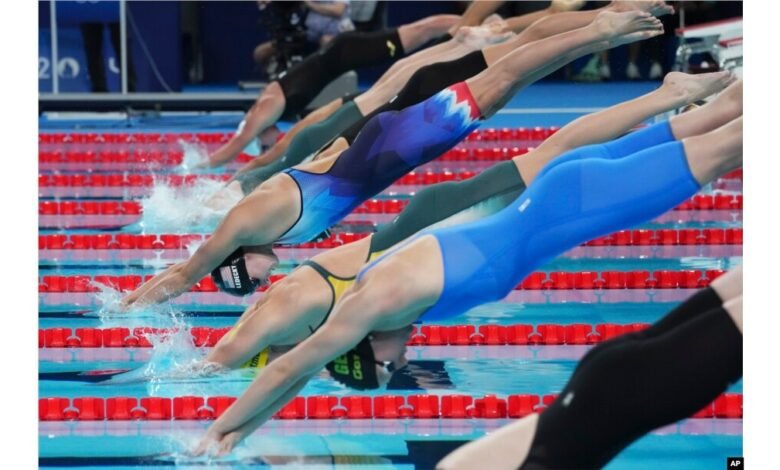Olympics 2028: More Female Athletes Than Male – A Historic Milestone

If you’re following the preparations for the Olympic Games and looking forward to seeing how your favorite teams perform, place bet and read about the upcoming innovations in sports.
The 2028 Olympic Games in Los Angeles are already being called historic. And it’s not just because of the scale or new technologies, but due to a major step toward equality: for the first time in Olympic history, there will be more female athletes than male. Yes, you heard that right — more! And this isn’t just a feel-good statistic or a coincidence. It’s the result of years of intentional work by the International Olympic Committee (IOC) and the global sports community.
What’s Changing?
The most noticeable change is full gender equality in team sports. From now on, in all team disciplines — whether it’s soccer, basketball, volleyball, handball, or field hockey — the number of women’s teams will be at least equal to the number of men’s teams. This is a first in Olympic history. Previously, for example, there were 16 teams in the men’s soccer tournament and only 12 in the women’s. At the 2028 Olympics, both tournaments will have the same number of teams. And it’s not just about soccer. The IOC has officially stated that gender equality has become a key criterion in quota allocation and program development. Simply put, when planning how many athletes will compete in each sport, organizers are now required to ensure that women have the same opportunities as men. In the past, women were underrepresented in some events — now that imbalance is being corrected.
Why Is This Important?
Because for a long time, women in sports were second-class participants. Historically, the Olympic Games began as an all-male event. Women were only allowed to compete starting in 1900 — and even then, only in four sports. They had to literally fight for the right to participate equally with men. Even today, in a world where rights seem equal on paper, women’s sports often receive less attention, less funding, and less respect. Many women’s competitions aren’t broadcast on TV, prize money is lower, and public perception can still be patronizing. This is where the Olympics can make a huge difference. The Olympic Games are the global showcase of sport — what billions of people see. And when a girl in a small village in India, Brazil, or Ukraine watches women fighting for medals alongside men, being cheered and celebrated — it inspires. She realizes that sport isn’t “just for boys.” Sport is for everyone.
How Will This Affect the Games?
First, we’ll see even more exciting, high-level matches among women’s teams. Women’s soccer, basketball, and volleyball already demonstrate great skill and intensity — but now they’ll get more airtime, which means more fans, more sponsors, and more growth. Second, this will change the overall perception of sport. Sport will become more inclusive and fair. It will showcase not only strength but also diversity — as women bring their own unique qualities to the game: technique, endurance, tactics, and emotion.
What Does the IOC Say?
The International Olympic Committee has expressed its pride openly. In official statements, IOC representatives emphasized that gender equality is now not just a goal, but a guiding principle. Every decision about quotas, new disciplines, and athlete participation is made with equal representation of men and women in mind. The IOC also noted that this is not the end, but just the beginning. The organization will monitor equality not only among athletes but also among coaches, judges, and organizers. Ideally, the Olympics of the future should be fully equal at every level.
And What About the Men? Will There Be Fewer of Them?
No, men aren’t being “removed.” There will simply be a few more women — because some sports that previously featured only men will now also include women’s events. For example, boxing has traditionally been dominated by men, but more women’s categories are being added. This isn’t “reverse discrimination” — it’s expansion. It’s important to understand: equality is not a battle of the sexes. It’s about giving everyone a chance to shine. It’s about making the Olympic Games truly global, modern, and fair.
What’s Next?
It’s expected that even at the upcoming 2024 Paris Games, the gender balance will be close to 50/50. And Los Angeles 2028 will seal the deal, tipping the scales in favor of women. But what happens next depends on us — the viewers, fans, journalists, and coaches. Will we watch women’s soccer with the same excitement as men’s? Will we respect the work of female athletes? Will we give girls the same opportunities as boys to play sports? The answers to these questions will show how deeply we’ve embraced the Olympic values: respect, equality, and fairness.





